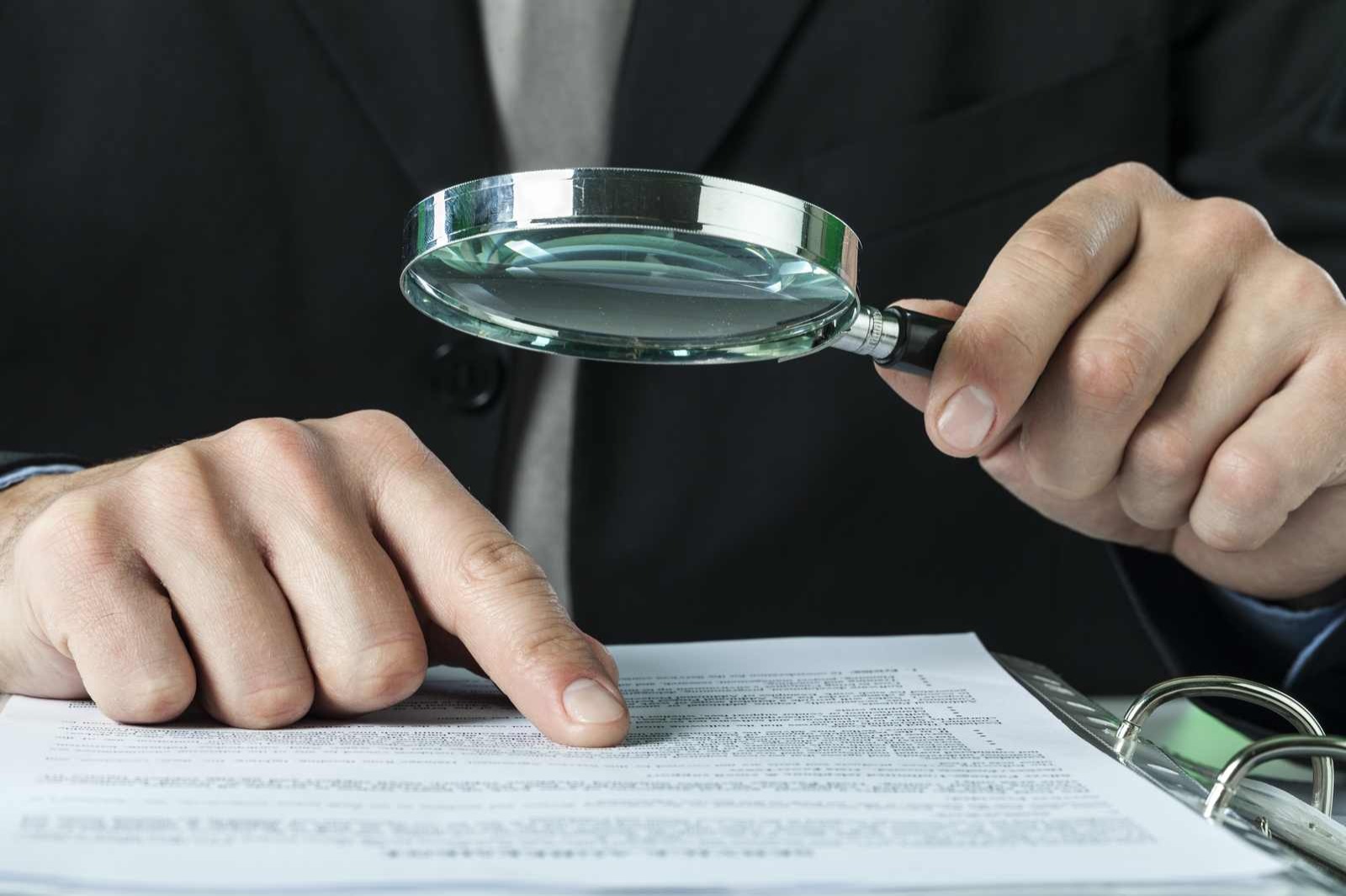 Blog
Blog
By Lucratus CFO Services Pvt Ltd
April 03, 2025
Forensic Audit in AI Era
In today’s digital age, the rapid advancement of artificial intelligence (AI) has transformed various sectors, including finance, healthcare, law enforcement, and corporate governance. While AI-driven solutions offer unparalleled efficiencies, they also present new challenges in fraud detection, financial misconduct, and cybercrime. In this context, forensic audits have become indispensable in ensuring transparency, accountability, and compliance. This article explores the significance of forensic audits in the AI era and how technology is reshaping investigative practices.
Understanding Forensic Auditing
A forensic audit is a specialized examination of financial records and transactions to detect fraud, corruption, or financial irregularities. Unlike regular audits, which focus on compliance and accuracy, forensic audits are conducted with the intent of uncovering fraudulent activities that may lead to legal proceedings. These audits involve investigative techniques, data analytics, and expert judgment to identify financial discrepancies and provide evidence for legal action.
AI’s Impact on Financial Crimes
As AI and automation become more prevalent, they have also given rise to sophisticated financial crimes, including:
- Deepfake Fraud: AI-generated fake audio and video can be used to manipulate financial transactions and executive approvals.
- Automated Money Laundering: AI-driven algorithms can rapidly move illicit funds across accounts, making detection difficult.
- Cybercrime and Data Breaches: AI-powered hacking tools can breach financial systems, stealing sensitive information.
- AI-Generated Fake Transactions: Fraudsters use AI to create deceptive financial transactions that mimic legitimate activities, making fraud harder to detect.
The Role of Forensic Audit in the AI Era
Given the increasing complexity of AI-driven fraud, forensic audits are crucial for multiple reasons:
Enhanced Fraud Detection
AI and machine learning (ML) are both a threat and a solution. Forensic auditors now use AI-driven analytics tools to detect anomalies, assess risks, and uncover hidden fraud patterns that traditional audits may miss.
Regulatory Compliance and Risk Management
Organizations must comply with stringent regulations such as the General Data Protection Regulation (GDPR), Anti-Money Laundering (AML) laws, and financial reporting standards. Forensic audits help ensure compliance by scrutinizing AI-driven transactions and processes.
Digital Evidence Collection and Analysis
AI-powered forensic tools can analyze vast amounts of structured and unstructured data, including emails, financial statements, and transaction logs, to extract digital evidence efficiently.
Tracing AI-Generated Transactions
AI can generate high-volume transactions at lightning speed, making manual detection impossible. Forensic audits leverage AI to track suspicious transactions, identify shell companies, and uncover hidden financial networks.
Cybersecurity Investigations
Forensic audits play a pivotal role in investigating AI-related cyber threats, data breaches, and digital fraud by utilizing AI-driven forensic techniques to analyze intrusion patterns and detect system vulnerabilities.
Challenges of Conducting Forensic Audits in the AI Era
Despite its benefits, forensic auditing faces several challenges in the AI era:
- Evolving Fraud Techniques: Fraudsters continuously develop new AI-driven schemes, requiring forensic auditors to stay ahead with cutting-edge detection methods.
- Complexity of AI Algorithms: AI-powered financial models are complex and opaque, making forensic auditing more challenging.
- Legal and Ethical Concerns: AI-driven evidence must be admissible in court, and ethical concerns regarding privacy and data protection must be addressed.
- Skill Gaps in AI Forensic Auditing: Auditors need advanced AI and cybersecurity expertise to effectively investigate AI-driven fraud.
In the AI era, forensic audits are more important than ever to combat sophisticated financial crimes and cyber threats. By integrating AI-powered forensic techniques, organizations can enhance fraud detection, ensure regulatory compliance, and strengthen financial security. As AI continues to evolve, forensic auditors must adapt, leveraging technology to stay ahead of emerging risks and protect financial integrity in a digitally driven world.
Stay Updated & Engage with Us!
If you found this blog useful, make sure to follow us on LinkedIn and other social media platforms for more audit insights. Share your thoughts, and let us know the forensic audit in your business.
Get our latest News & stay informed.

